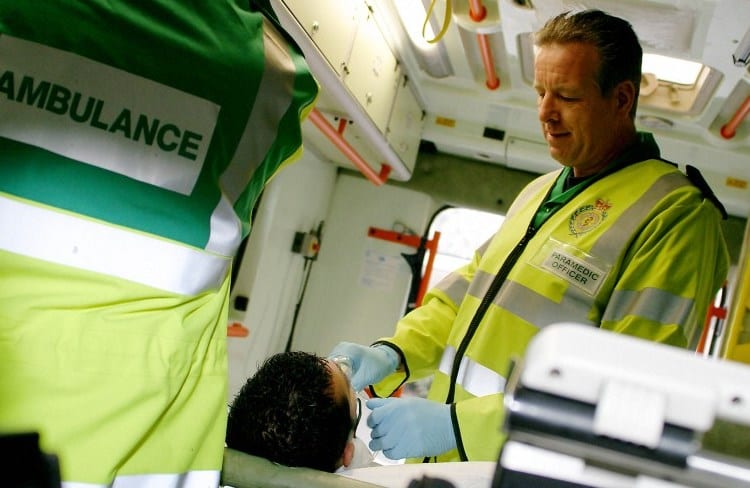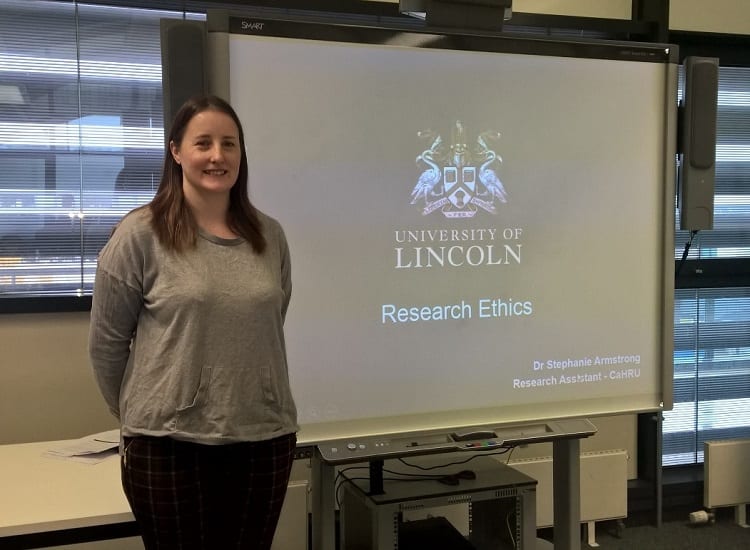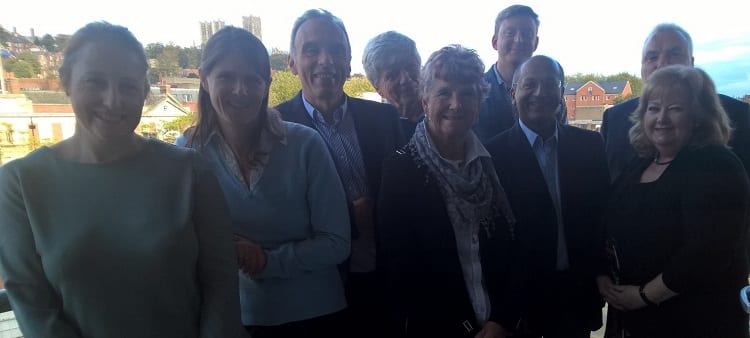First publication from the NEAT project on consent in ambulance trials

CaHRU are pleased to announce the first publication from the Wellcome Trust funded project, NEAT: Network exploring Ethics in Ambulance Trials. The article, entitled ‘Assessment of consent models as an ethical consideration in the conduct of prehospital ambulance randomised controlled Continue reading First publication from the NEAT project on consent in ambulance trials


